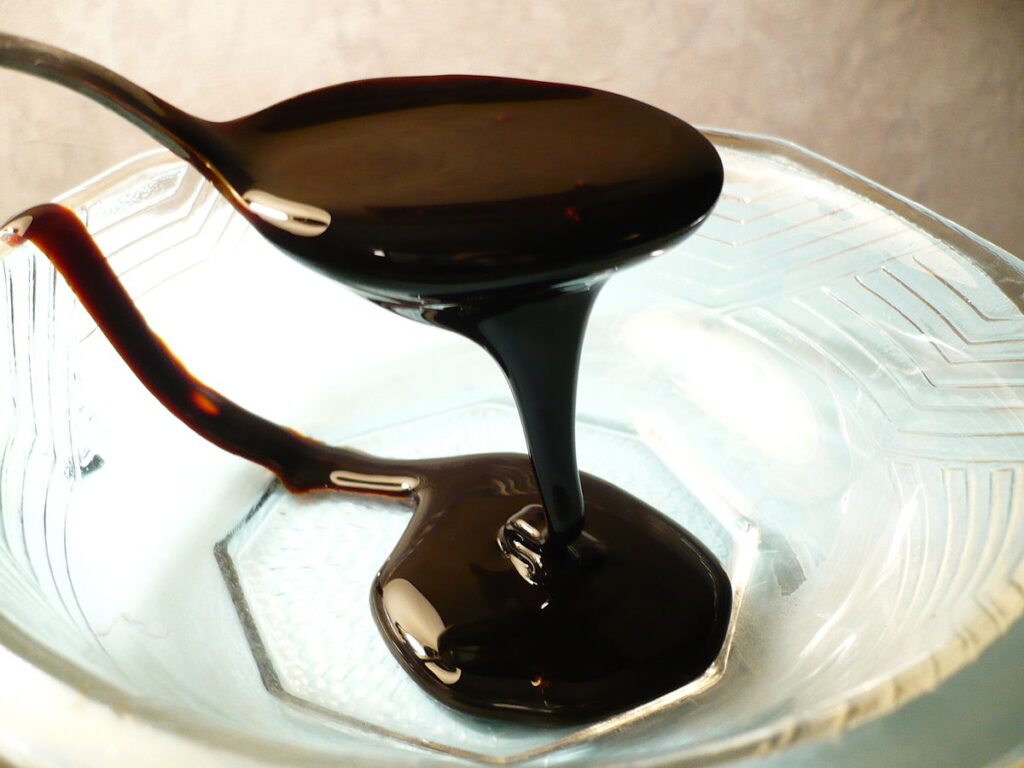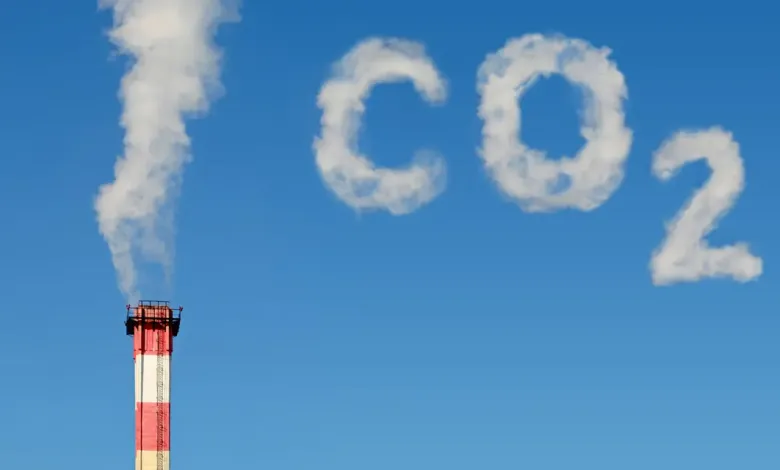A new project whose idea came to the mind of those in charge of it after the crisis of the high price of the dollar arose in the recent period, which constitutes difficulty in the import process, so the founders of the “glycerine production from molasses fermentation” project thought to provide a local product that enters many industries and contributes to reducing carbon emissions that threaten the environment.
Regarding the project, Muhammad Abu Dahab, one of the founders of the “Glycerine Production from Molasses Fermentation” project, said that due to the recent economic conditions that Egypt is going through related to the dollar crisis, the import of production materials has become very difficult, so that the project’s goal is to rely on the manufacture of glycerin through local ingredients represented in Fermentation of a binary substance called “molasses” resulting from the manufacture of sugary materials such as beets and sugar cane, where “molasses” is taken and then a fermentation process takes place in order to derive glycerin from it, whose importance is represented in being a primary raw material used in many industries, the most famous of which is the manufacture of medicines and detergents.
An invoice for importing large quantities of glycerin
Abu al-Dahab emphasized that the fermentation of “molasses” provides the state with a bill for importing large quantities of glycerin, in addition to the fact that glycerin is manufactured in Egypt through catalytic cracking of oils, as after the recent crises, the oil market has become facing a major problem represented in the rise in oil prices by five years. Or six times, which makes it difficult for the factory to manufacture glycerin, and this poses a threat to the local production of glycerin using known methods.
One of the founders of the “Glycerin Production from Molasses Fermentation” project added that the project also relies in the glycerin industry on taking broken fats from seaweed cultivated without the need for a fertile land to grow in the sea on clean water, which is important in absorbing carbon dioxide, which reduces environmental pollution. .
Abu Dahab explained that the problem of the biofuel industry is its production of many wastes, which is glycerin, whose presence constitutes a weakness in the properties of biofuel, stressing that the project has the ability to separate and use glycerin, and on the other hand, it raises the efficiency of biofuel.
Abu Dahab stated that the project has received approval for its implementation, and it only lacks the import of equipment that will be used in production. The cost of the project may reach approximately EGP 2 million, as the project aims to produce 10 tons per month, which fills the deficit of the local market for glycerin and provides a sustainable method for its manufacture.












